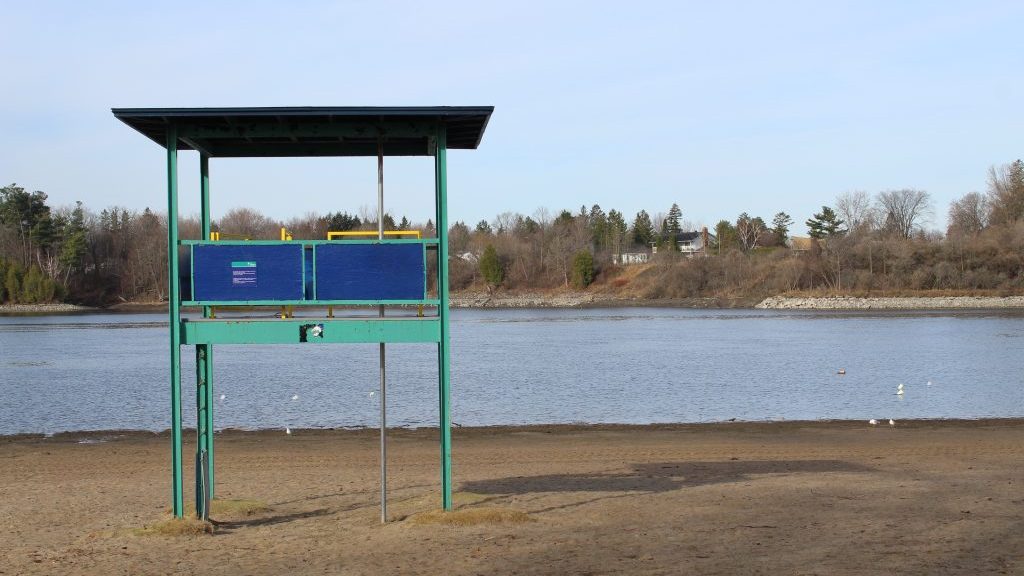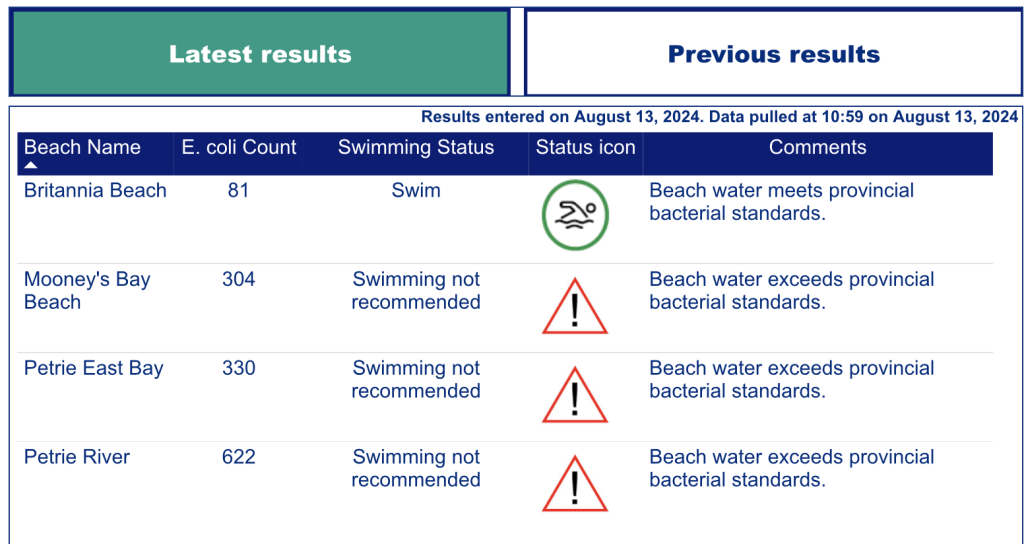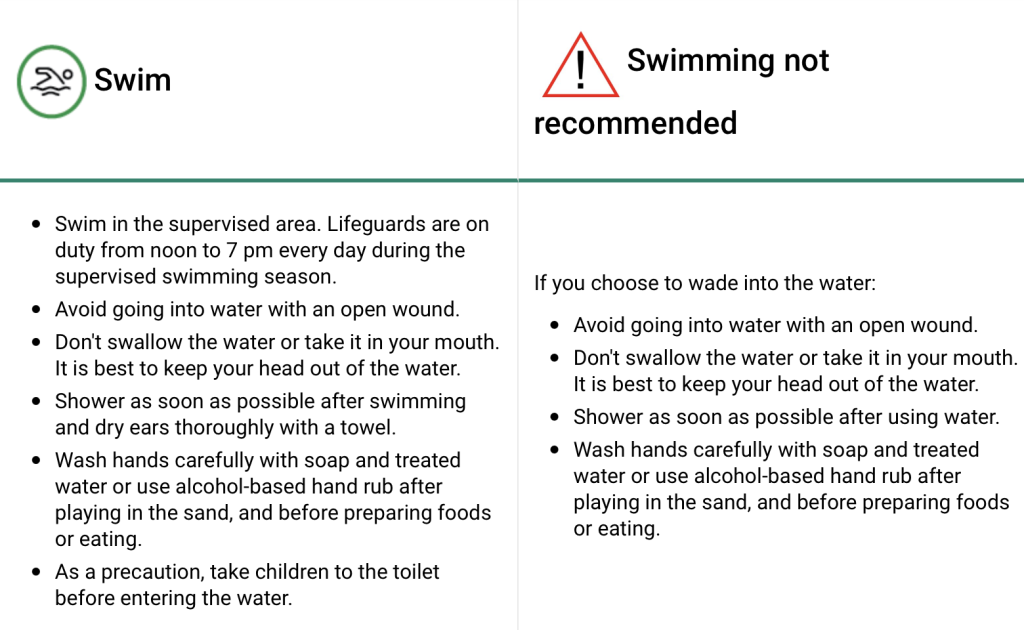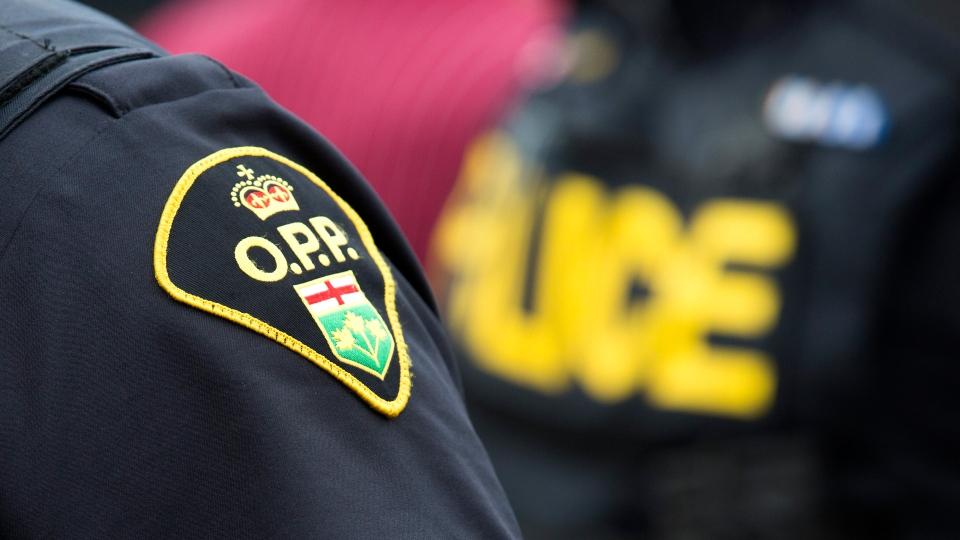E. coli closes 75% of Ottawa beaches as data shows high levels of bacteria

Posted Aug 13, 2024 04:05:50 PM.
Last Updated Aug 13, 2024 04:53:12 PM.
Ottawa Public Health (OPH) has reported the presence of E. coli bacteria at three Ottawa beaches on Tuesday, including Mooney’s Bay Beach, Petrie East Bay and Petrie River.
Following water quality testing, OPH has identified Britannia Beach as the only area where swimming is recommended on Aug. 13.
Based on the latest water quality test results, Mooney’s Beach Beach, Petrie East Bay, and Petrie River contain greater than 300 E. coli per 100mL of water, while Britannia Beach contains 81 E. coli per 100 mL of water — falling significantly below the threshold.
Compared with earlier this swimming season, OPH has seen an increase in E. coli levels in mid-August, primarily at the three beaches that are currently closed. On Aug. 10, tests results reflected 1000 E. coli per 100 mL of water at Mooney’s Bay, 462 at Petrie East Bay, and 321 at Petrie River.
Results were also alarming on Aug. 11, with 553 E. coli per 100 mL of water at Mooney’s Bay, 410 at Petrie East Bay, and 1000 at Petrie River.
The health agency collects daily water samples from city beaches between June 15 and Aug. 25.
“When elevated levels of E. coli are detected in the water, it is used as an indication that it may be more likely that other disease-causing organisms are also present,” OPH said. “These organisms can result in skin, ear, throat or gastro-intestinal illnesses.”

Combining test results and many environmental factors, OPH provides daily updates on water quality and swimming safety at city-run beaches.
“There are many factors that may impact water quality at beaches including upstream pollution sources, rainfall, water temperature, wind and wave influences, water flow and water elevation, and wildlife and bird activity near beaches,” an OPH spokesperson said in an email.
Water quality test results require at least 18 hours to process in the laboratory. As a result, swim advisories are based on water sample results from the previous day, water quality data at each beach from previous years and impacts of environmental factors, like rainfall and bird activity.
OPH will advise against swimming at beaches if:
- The geometric mean of five water samples taken on the previous day is greater than 200 E. coli per 100mL of water;
- There is a significant rainfall event; or
- They are aware of a situation that could impact the water quality at a beach.
“When concentrations are above these values, there is an increased risk of getting infected and sick while swimming or playing in the water,” the Government of Canada website reads.
Click here to find previous results for beach water quality testing.
The health agency is reminding residents to monitor E. coli levels at municipally-owned beaches by following the water quality testing tracker and to avoid swimming at beaches if the presence of bacteria is elevated.









